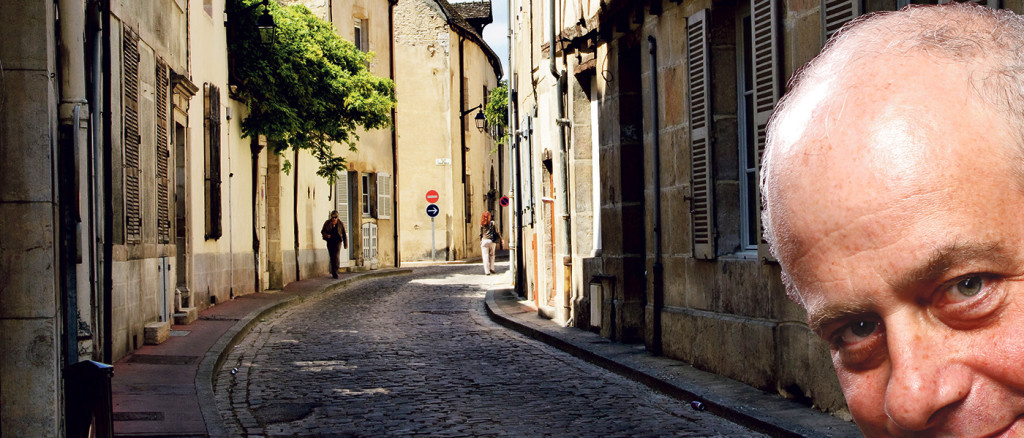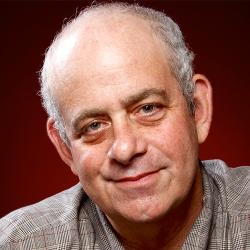Deep in the heart of French wine country, in the town of Chablis, there’s a restaurant called, Le Syracuse. Sorry. I tried to go there two Mondays ago, but much like France itself in August, it was closed.
Where the French go in August has always been a mystery. Probably the wealthier ones check themselves in to cheese detox centers in Asia while the rest go wherever the Germans tell them. It’s odd. During a six-day cycling excursion through Chablis and Burgundy, our 18-member group saw approximately 11 actual French people. We rode through villages whose entire population consisted of a few brown cows.
“Bon jour, Cows!’” I would shout to break the tedium. But the cows, mindful that I was not a native French speaker, just looked away in disdain.
The French and even their livestock can be that way sometimes, but more often than not I found the opposite true, especially when I was paying in cash. I was especially fond of Normandy, which is one of those bizarre places that actually likes Americans.
“Welcome American liberators,” a storefront sign in Honfleur read. Frankly, it was a little embarrassing, so I did what I could to downplay my role in World War II.
“I was wounded in the buttocks even before I hit the beach,” I told a gorgeous young hotel clerk. “But I pressed on because I knew how important it was to rid your country of Hitler. You’re not really going to make us pay for that third bottle of Sancerre, are you?”
Of course, it wasn’t just the Americans who landed on D-Day 70 years ago. It was also the Canadians, the British and, most critically of all, Commander Philippe Keiffer, who lead 177 French commandos onto Sword Beach. You’d think based on how frequently his exploits are mentioned in France that the entire Allied invasion consisting of 160,000 troops would have been an abject failure if not for the courage of Commander Keiffer and little unit. My personal view is that any region that produces butter as creamy and delicious as Normandy’s gets to adopt any version of history it wants. Elsewhere — even in Syracuse — I’d feel a flicker of shame to look up and see fellow diners watching me eat butter straight from the dish with a soup spoon. In Normandy I just tipped my baseball cap and said, “I was wounded in the buttocks even before I hit the beach.”
The food in France is mainly French, and its delicious, although I found the snail tongs vexing and mildly dangerous. Wine is served at all hours, including during blood transfusions. A key stop on our bike tour was a restored medieval chateau that is home to an ancient brotherhood of wine enthusiasts, the Confrerie des Chevaliers du Tastevin. With their red robes and goofy hats, they are much like Shriners only instead of riding miniature motorcycles, they ride waves of self-importance at being the guardians of Burgundian culinary and winemaking tradition. Their motto, “Jamais en vain, toujours en vin,” translates roughly to: “Kindly get your hand out from under my robe, Mon Frere.”
“Jamais en Vain Toujours en Vin”, Never in Vain, Always in wine Trailer from Château du Clos de Vougeot on Vimeo.
One final note: My friend Peter and I wish to extend an apology to the City of Beaune (pronounced: “bone”). Our repeated mentions of male erections in reference to this fine municipality was both juvenile and disrespectful. My unfortunate suggestion that Beaune should “Seal the deal and add an “r” to the end of its name” was particularly insensitive. Furthermore, Peter and I wish to apologize to the former medieval hospital, Hospices de Beaune, now a wonderfully informative museum, for behaving inappropriately during the guided tour. If there was anything even remotely funny about our private joke that Hospices de Beaune was founded as an E.D. treatment center — a medieval “boner hospital” if you will — we were wrong to laugh so hard that we nearly required medical intervention ourselves.
Peter and I wish the Boner Hospital the best going forward.




